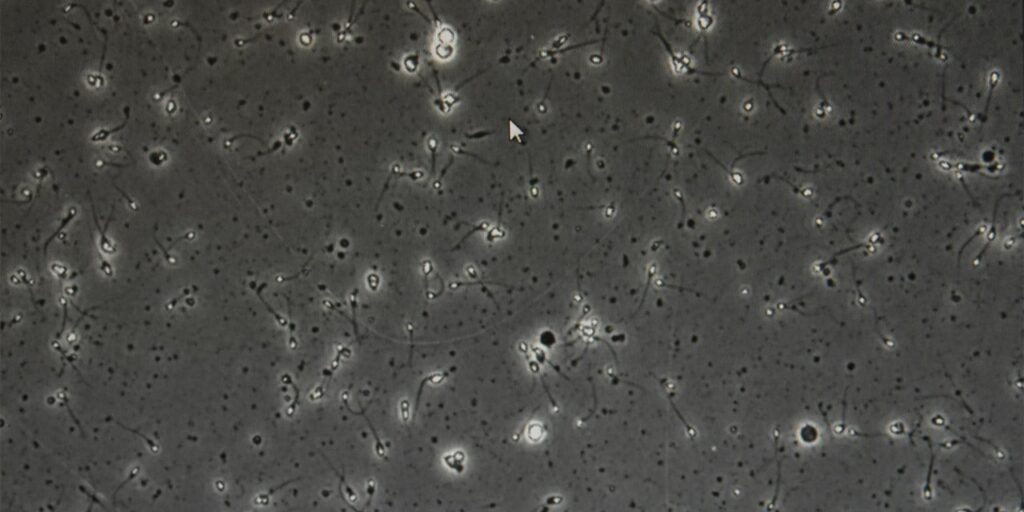Thank you!
Thank you for filling in the form
We have received your application. We will contact you shortly to confirm it. Thank you for your interest.
You might be interested in:

Delaying motherhood: 6 useful tips if you decide to wait
Do you want to become a mother one day, or are you not considering it yet? In recent years, women have tended to delay motherhood, leading to growing interest in egg freezing. You have probably heard of this option. The challenge is that it is still not widely discussed: many women are unsure of the […]

Have you been recommended egg donation treatment? Here’s what you should know before getting started
If you have been advised to consider egg donation treatment, the news may have had a strong emotional impact. This is completely understandable, as it means giving up the use of your own eggs, which can trigger a sense of loss known as ‘genetic grief’, and coming to terms with it may take some time. […]

Male infertility: The lesser-known causes
The first step in determining whether a man has fertility problems is to carry out a semen analysis. You may have heard of this test before. It is a simple and widely used test that involves collecting a semen sample to analyse several parameters: volume, sperm concentration, motility, and morphology. In most cases, this is […]

Why Am I Not Getting Pregnant?
Unless there is a family history of infertility, most people don’t consider that they might have fertility problems. However, if you have been trying to conceive for a year without success, it is advisable to see a specialist. And if you are over the age of 35, it is recommended you do so sooner, after […]


Freezing your eggs: What no one tells you
Egg freezing has seen a sharp rise in demand in recent years. Yet, it remains a rarely discussed topic, with limited information available. Women who have decided to go through with egg freezing rarely share their experience, while those not planning to have children in the near future often don’t ask about it. As a […]
You might be interested in:

Delaying motherhood: 6 useful tips if you decide to wait
Do you want to become a mother one day, or are you not considering it yet? In recent years, women have tended to delay motherhood, leading to growing interest in egg freezing. You have probably heard of this option. The challenge is that it is still not widely discussed: many women are unsure of the […]

Have you been recommended egg donation treatment? Here’s what you should know before getting started
If you have been advised to consider egg donation treatment, the news may have had a strong emotional impact. This is completely understandable, as it means giving up the use of your own eggs, which can trigger a sense of loss known as ‘genetic grief’, and coming to terms with it may take some time. […]

Male infertility: The lesser-known causes
The first step in determining whether a man has fertility problems is to carry out a semen analysis. You may have heard of this test before. It is a simple and widely used test that involves collecting a semen sample to analyse several parameters: volume, sperm concentration, motility, and morphology. In most cases, this is […]

Why Am I Not Getting Pregnant?
Unless there is a family history of infertility, most people don’t consider that they might have fertility problems. However, if you have been trying to conceive for a year without success, it is advisable to see a specialist. And if you are over the age of 35, it is recommended you do so sooner, after […]

Freezing your eggs: What no one tells you
Egg freezing has seen a sharp rise in demand in recent years. Yet, it remains a rarely discussed topic, with limited information available. Women who have decided to go through with egg freezing rarely share their experience, while those not planning to have children in the near future often don’t ask about it. As a […]